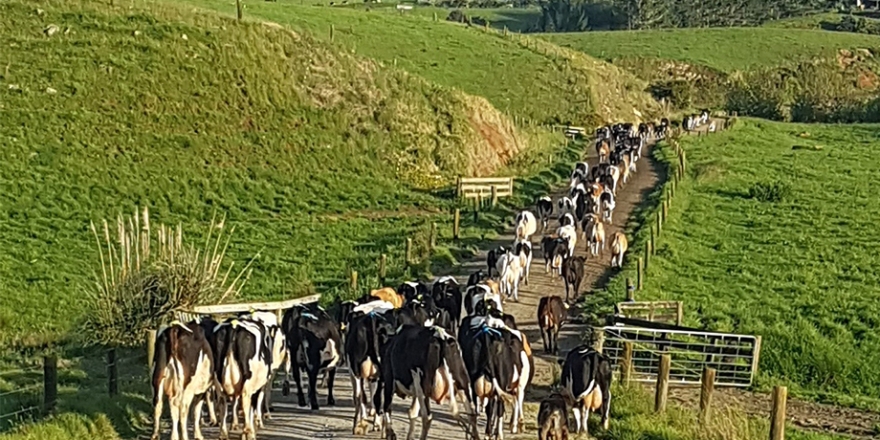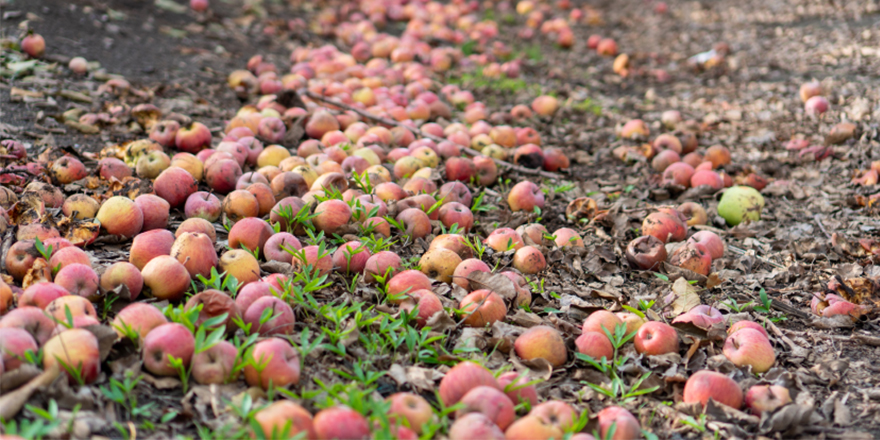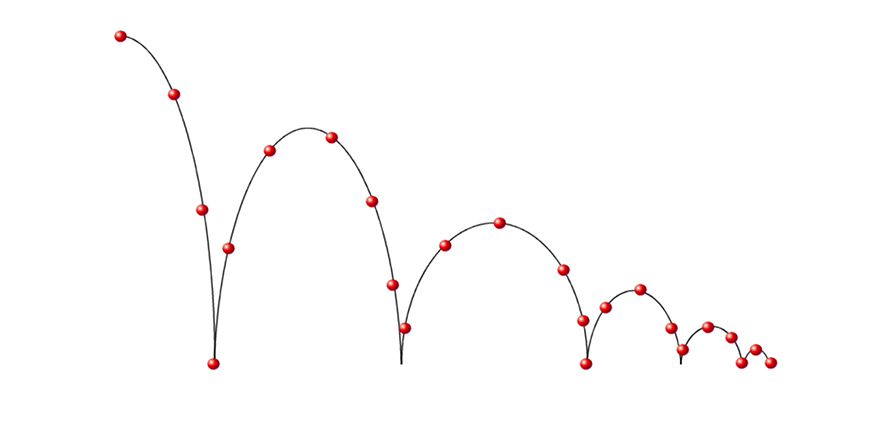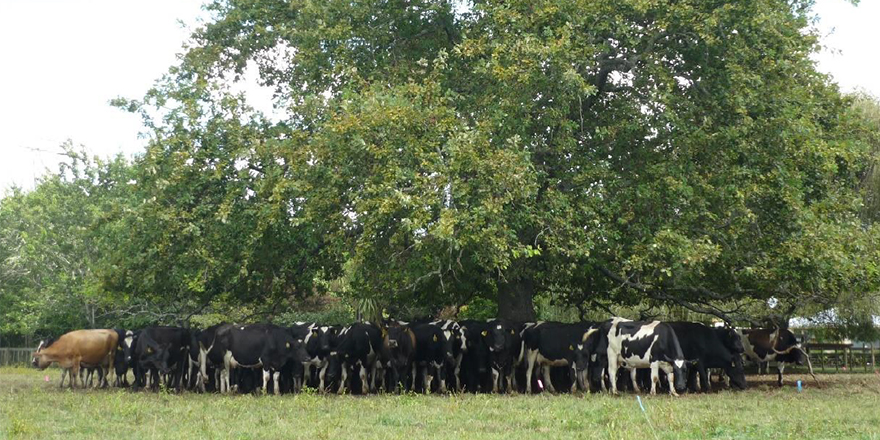
Executive Summary
In an evolving world, with consumers aging out of the market and new tastes and values emerging with generational change, comes the microscope over New Zealand export markets. Stemming from strong primary sectors, questions are being asked now not just of animal welfare, food safety, price and provenance but also sustainability practices. As the topic of climate emergency and consumer awareness comes to the fore, consumers now want to know not just where their food comes from, but how did it get there.
The aim of this project is to uncover positive contributions being made by meat processors operating in New Zealand’s grass-fed red meat sector, and highlight any pressures that may arise in future to really shake up the paddock to plate story-telling, to include processor to plate messaging. Often, the important processing component of that story is not told well, if at all.
In this body of work I will aim to identify how meat processors in New Zealand are harnessing their sustainability potential and responsibility, why it is important and how their social licence to operate is affected during this process. To truly understand this, I have conducted interviews with red meat industry leaders to hear their experiences and learn about what action they are taking. I have also looked at literature relating to social licence to operate, sustainability and how our actions alter our supply chain within New Zealand’s export significant, red meat sector.
The method used to complete this project was qualitative research. Structured interviews designed to get the in terviewee thinking not just about the ‘what’ and ‘how’ of their changing practices but more so, why? Why does it matter and how can it be beneficial in each facet of the business.
During my interview research, the main message was resounding. Interviewees viewed their export product as:
- Clean and green
- Pasture fed
- Antibiotic free
- Hormone free
That is how New Zealand agriculture is viewed as a global product and has been for the past 50 years! All of the above reflect the fantastic industry many generations have enjoyed and worked hard to create and maintain, ever since the first shipment of frozen lamb left Port Chalmers on the 15th February 1882. But how are New Zealand’s meat processors viewed at the end of that chain, and how to we get the words climate friendly, sustainable, sophisticated and forward thinking onto that list. There is a level of social, economic and environmental responsibility required of New Zealand red meat processors which will be covered in more detail throughout this report.
Final recommendations include:
- Coopetition models to combat labour shortages and enhance social wellbeing.
- Equity partnerships around topics that matter such as the image depleting bobby calf industry.
- Further research and investment into natural gas capture and reuse as fuel, water conservation and fertiliser alternatives from meat processor by products.




